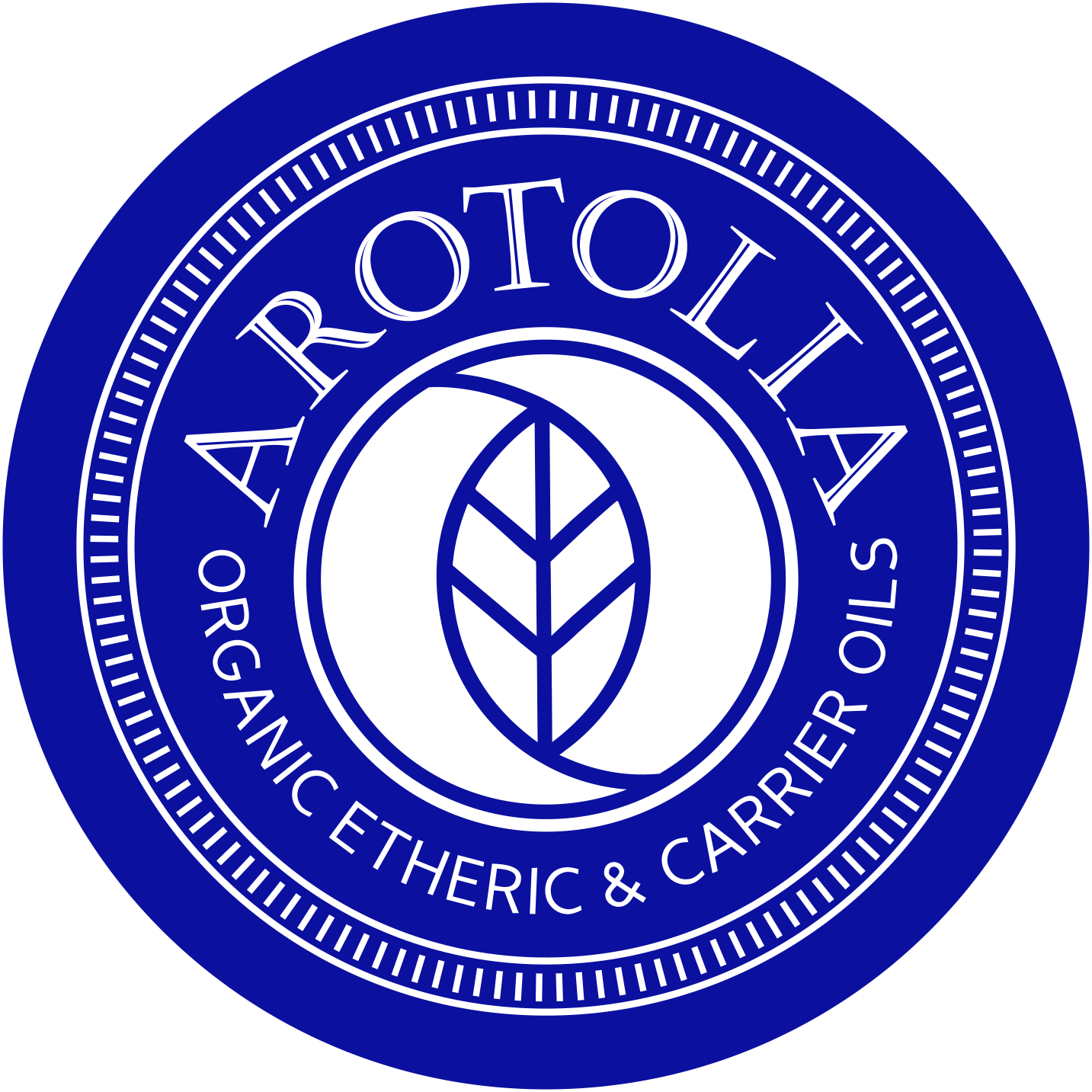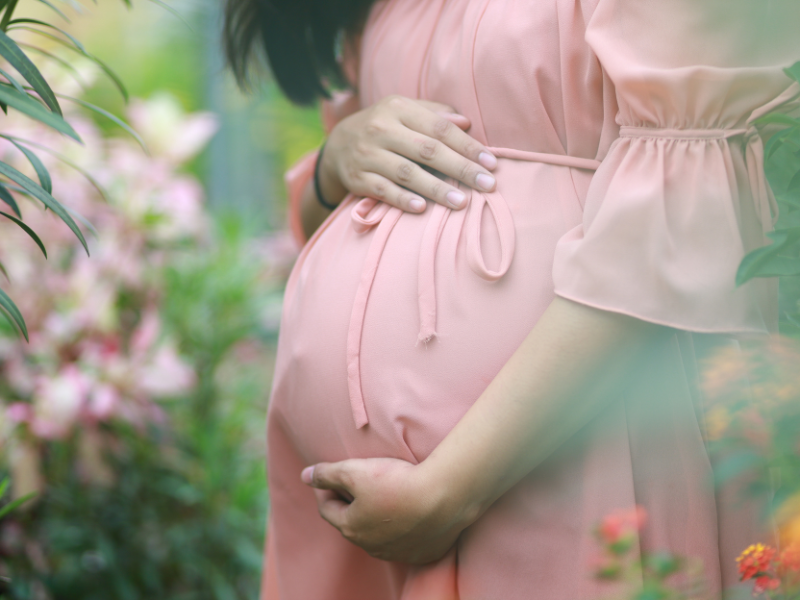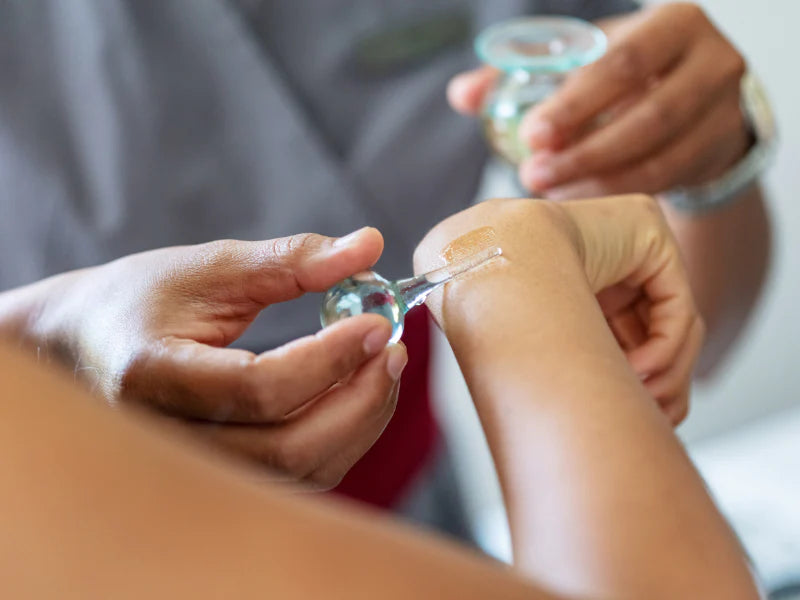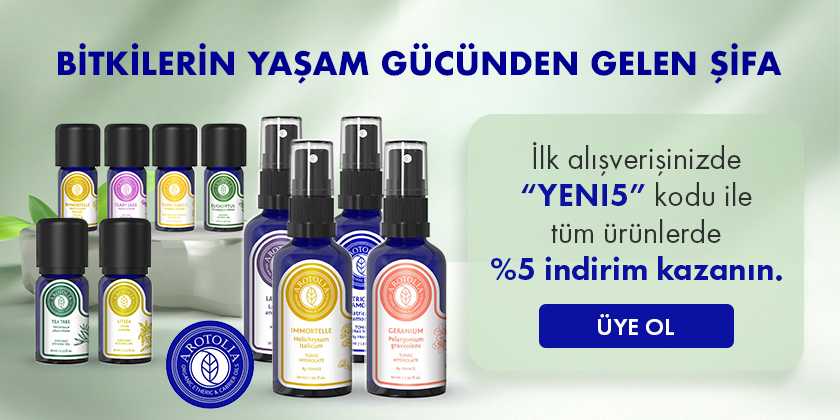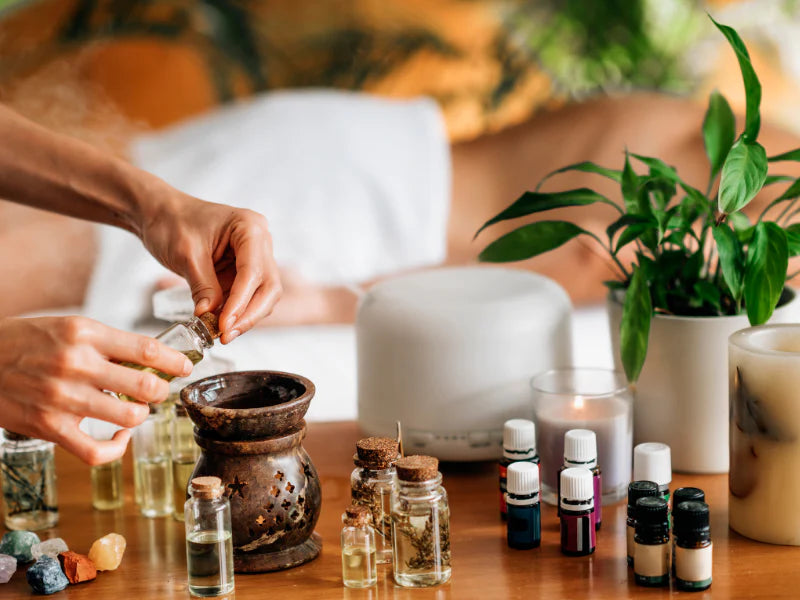
Meta-Analysis of the Use of Aromatherapy in the Management of Preoperative Anxiety in Adults
According to the World Health Organization, an average of 266 to 360 million surgical procedures are performed globally each year. All surgical procedures carry some degree of risk. Numerous studies have shown that patients awaiting surgical procedures often experience significant anxiety due to the expectation of hospitalization, anesthesia, surgery, pain, and death. The 'mild' level of anxiety experienced before surgery helps the body activate its potential power and can help patients go through this process without any problems. However, if the anxiety experienced before surgery exceeds the normal level and lasts for a long time, it can cause some unwanted metabolic reactions such as increased levels of certain hormones (catecholamines) and hypertension. These reactions can affect the initiation and completion of the surgery. It can also affect the body's immune system. All of these conditions can lead to many results such as increasing surgical complications, extending the length of hospital stay, and decreasing patient satisfaction.
Patients actually experience anxiety, restlessness and tension about a process with an uncertain outcome. This negatively affects the health of patients and the surgical process. Therefore, effective approaches are needed to manage preoperative anxiety. For this purpose, both pharmacological methods, including various drugs, and non-pharmacological methods, including alternative treatments, are used. Pharmacological treatments are effective and widely used. However, they have side effects such as suppression of circulation, nausea, vomiting, drowsiness and allergies. These risks have limited the use of drugs and increased the tendency towards non-toxic complementary treatments. According to 2020 data, holistic nursing practices in more than 30 countries include non-pharmacological treatments. One of these is aromatherapy.
Aromatherapy is the use of oils obtained from natural aromatic plants, through various delivery methods, for the management of various symptoms. The basis of aromatherapy is based on the environmental theory of Florence Nightingale, who developed modern nursing practices. According to this, in order to heal the patient, it is necessary to use the factors in his environment as a restorative process.
"Nursing activities improve the repair process and the restoration of health by changing single or multiple elements in the environment, such as the use of essential oils in aromatherapy." - F.Nightingale
Aromatherapy has become the most widely used complementary treatment after pharmacological drugs due to its ease of use and the fact that it does not require special equipment or a licensed specialist. There are many studies reporting the use of aromatherapy in the management of preoperative pain. In 2020, a meta-analysis was conducted covering studies conducted since 2006. In this way, the results of many independent studies could be evaluated together. The studies examined were conducted in different countries such as Iran, Turkey, the USA, and Japan. Most of the studies used lavender oil and citrus types such as bergamot and limonene oil for the management of preoperative anxiety in adults.
The known mechanism of the beneficial effect of aromatherapy on anxiety is as follows: essential oil molecules bind to olfactory receptors in the nose and transmit signals from there to the limbic system, hypothalamus and olfactory cortex. From there, it releases some neurotransmitters and increases an acid (gamma-aminobutyric acid) that has an inhibitory effect on the nervous system. It supports the relaxation of the autonomic nervous system by reducing the activity of some hormones. At the end of this process, it improves the person's anxiety.
According to the meta-analysis, lavender, rose, citrus and blended aromatherapy can significantly improve preoperative anxiety, while aromatherapy using eucalyptus and its derivatives was not as effective. The researchers noted that since each aroma essence has different active chemical components, the beneficial effects of these essences are also different from each other. For example, lavender oil, which is effective in relieving anxiety, can also reduce pain and difficulty sleeping, relieve nausea and vomiting, and improve immune function. Rose oil is antimicrobial and anti-inflammatory and has positive effects on pain. Citrus varieties can have effects on immunity and are also used in the management of anxiety and anxiety. As a result, the functions of essential oils and blends with different aromas should be well known and the appropriate oils should be preferred to ensure that patients' multiple complaints are relieved at the same time.
Another interesting result was that sessions lasting 20 minutes or less were more effective than sessions lasting longer than 20 minutes for preoperative anxiety management. This can be interpreted as the patients already got used to the smell after 20 minutes and the sensitivity of their olfactory receptors decreased.
In conclusion, this review showed that there is evidence to support the use of aromatherapy to improve preoperative anxiety in adults, although its effects vary according to different subparameters such as aroma selection and session duration.
Source: The effectiveness of aromatherapy on preoperative anxiety in adults: A systematic review and meta-analysis of randomized controlled trials, International Journal of Nursing Studies, 2020.
